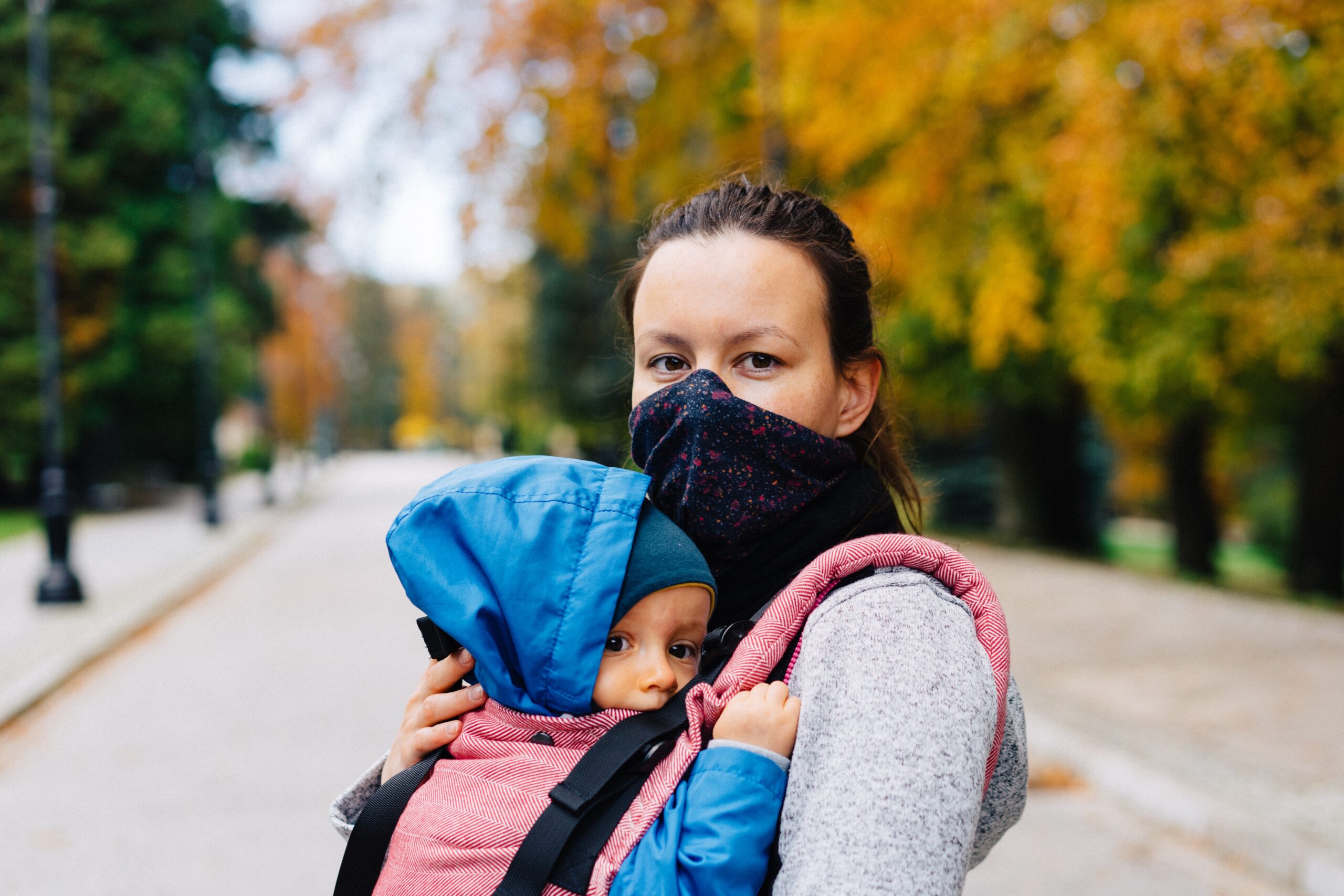This article is part of a week-long series for IWPR’s signature Status of Women in the States project. The work featured in this series highlights the various ways the pandemic and related economic crisis are impacting women and their families at the state level. This project builds on IWPR’s recent economic recovery report that details the extent to which women, and particularly women of color, have shouldered the greatest burden of the economic crisis, and proposes a slate of bold policies to ensure a gender-equitable recovery. The pieces included in this series provide a snapshot of what women are experiencing in states across the nation and highlight the urgent need for federal funding for states and localities.
Since the start of the pandemic, more than one in five (21.5 percent) U.S. workers have applied for Unemployment Insurance (UI) benefits. In 42 states and Washington, DC, women have been the majority of UI claimants and many have relied on Pandemic Unemployment Assistance or Pandemic Emergency Unemployment Compensation to care for their families throughout the economic crisis. Both programs are set to end on December 26 with the expiration of CARES Act. Without an additional relief package from Congress, more than 12 million Americans risk losing the benefits that have been keeping them afloat.
Women, and particularly women of color, have sustained the majority of job losses throughout the pandemic, and today there are more than two million fewer women in the workforce than in February. Currently, a third of all unemployed women, and four-in-ten Latinas, have been out of work for more than 26 weeks and overall unemployment rates for Black and Hispanic women (9.2 percent and 9.0 percent, respectively) are significantly higher than for White women and men. Women’s disproportionate representation among unemployment claimants is a result of their overrepresentation in low-wage sectors that have been hardest hit by the pandemic.
The share of women who have applied for unemployment insurance varies significantly by state. The differences reflect persistent racial and gender segregation in the labor market, which pushes women of color in particular into low-paying, insecure jobs in sectors that have been most significantly impacted by pandemic-related restrictions. The U.S. Census Household Pulse Survey shows how women are faring at the state level and adds an important dimension to the data provided by the U.S. Department of Labor:
- States with the largest shares of women who report applying for UI benefits are: Michigan (30 percent of women); New York, Nevada, and Rhode Island (all 29 percent), Louisiana (28 percent), New Jersey (27 percent), Hawaii (26 percent), Pennsylvania (26 percent), and Mississippi and California (both 25 percent). Each of these states have been hit hard by COVID-19 and have large populations of women who are employed in Leisure and Hospitality jobs. Those jobs were among the first to go and have been slowest to return.
- The states with the smallest shares of women who have applied for UI are: South Dakota (9 percent), Wyoming (11 percent), Utah (12 percent); Kansas, Nebraska, and Idaho (all 14 percent); Montana (16 percent), and West Virginia, Tennessee, Oklahoma, and Arkansas (all 17 percent).
As the pandemic worsens and states implement stricter public health measures, sectors in which women are overrepresented will continue to be hard hit and the share of women applying for unemployment benefits will likely increase.
Unemployment benefits have been a critical cushion that have prevented families from falling further into crisis. Families that are experiencing unemployment but have not received unemployment insurance have been more likely to report their children going hungry or that they have either fallen behind on mortgage payments or fear eviction. Food and housing insecurity is a growing problem across the country, and will only worsen as CARES benefits expire.
With each passing week the need for a gender-equitable recovery becomes more urgent. Such a recovery will not be possible without immediate economic supports, including the extension and expansion of unemployment insurance benefits to permanently expand to include independent contractors, those with limited work history, and others who are usually excluded from such benefits. We must ensure that those who are most impacted – women of color, young women, and single mothers – are able to access benefits for the duration of the crisis. Women and families cannot wait a moment longer.


